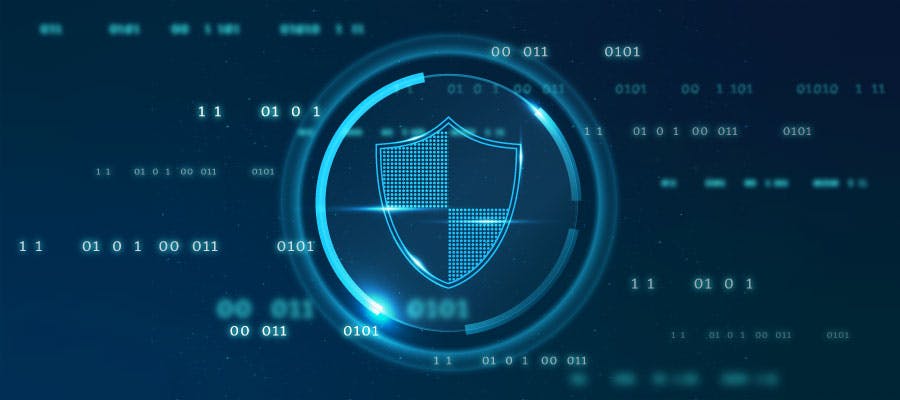Best Data Security Trends in 2023

Data security measures are expected to continue evolving to protect sensitive information in response to emerging threats and technological advancements.
Let us discover some of the upcoming trends, updates, and measures shaping the future of data security in 2023;
1. Enhanced Encryption
Encryption techniques incorporated through the use of data security tools will continue to improve by focusing on stronger algorithms and key management practices just as developers secure their curated software by digitally signing them with software publisher certificates obtained from trusted authorities or any affordable code signing certificate solution providers. Likewise, securing domain data by enabling strong SSL/TLS encryption on the websites to prevent man-in-the-middle attacks.
2.Multi-Factor Authentication (MFA)
Multi-Factor Authentication (MFA) will become even more vital for user verification and password authentication methods like biometric factors, behavioral biometrics, and hardware-based authentication like tokens or smart cards.
3.Zero Trust Architecture (ZTA)
ZTA is an approach where no user or device is inherently trusted, and strict access controls are enforced based on continuous authentication, risk assessment, and least privilege principles that help to mitigate the risk of authorized access to sensitive data.
4.Advanced Threat Detection and Behavior Analysis
Advanced Threat Detection and Behavior Analysis will be done using popular Machine learning and Artificial Intelligence (AI) technology-based algorithms that are useful for detecting anomalies, identifying suspicious patterns, and defending organizations from potential threats by responding to and addressing them in real-time.
5.Privacy-Enhancing Technologies
As data privacy concerns evolve with digital advancements, technologies such as differential privacy, federated learning, and safe multi-party computation will gain traction. These methods enable corporations to study and get insights from sensitive data while maintaining individual privacy.
6.Blockchain for Data Integrity
Blockchain technology, which is well-known for its immutability and transparency, could see more use in securing sensitive data. Blockchain can be used to create a tamper-proof audit trail, validate data, and increase confidence in transmission and storage.
7.Cloud Security Enhancements
With the industry's growing demand for the cloud, business organizations shall adopt various security measures for cloud environments, like improved cloud security controls, data encryption options, secure access management, and stricter auditing and monitoring capabilities.
8.Regulatory Compliance
Organizations will also comply with government standards and protocols, which help ensure better data security and reduce the probability of a potential cyber attack.
9.Cybersecurity Awareness
Growing concerns about cyber threats and vulnerabilities among businesses, like phishing, data theft, malware, and DDoS attacks, have led organizations to aim for cyber security awareness by conducting training sessions and informative quizzes for their employees, which minimizes the possibility of manhandled errors causing a threat to business data accessible by cyber criminals.
Conclusion
To sum up, these data security measures are based on current cyber security trends and updates and may vary from the actual measures since the future of data security depends upon various factors, including technological advancements, threat landscape changes, and regulatory developments.